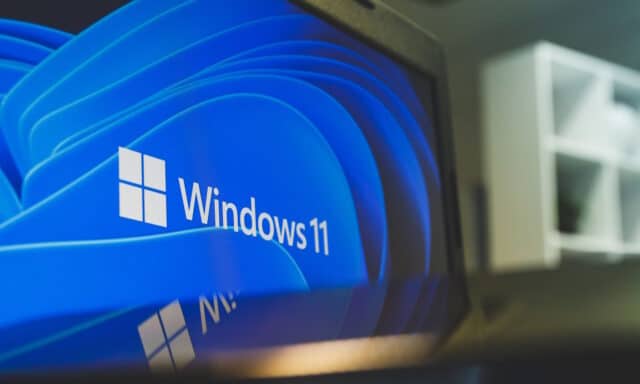Microsoft will use snooping telemetry to help speed up Windows 11

Windows 11 users have something of a strained relationship with telemetry, with many people viewing Microsoft’s collection of data as invasive. This has not stopped the company from gathering more and more information from users, and in the most recent Insider builds of the operating system, things are being taken up a notch.
This time around, telemetry is not only optional, but its collection is for a good cause, one that just about everyone can get onside with – improving performance. In short, Microsoft is looking to speed up Windows 11.
Seemingly aware that the banding about of phrases such as “boosting performance” and “speed up Windows” has started to lose power and meaning, Microsoft is taking a different approach in revealing what it is doing. This is not about making things faster, it is about fighting “sluggish performance”.
The company is busy working away on Windows 11 25H2 which is due for release in the second half of this year, and it looks like performance improvements could be a significant part of what this update delivers.
Windows 11 telemetry
In the release notes for Windows 11 Insider Preview Build 26200.5710 in the Dev Channel, Microsoft says: “As part of our commitment to improving Windows performance, logs are now collected when your PC has experienced any slow or sluggish performance”.
It is not made clear how the word “sluggish” is defined – it is a term that could be objective or subjective, after all. The company goes on to say:
Windows Insiders are encouraged to provide feedback when experiencing PC issues related to slow or sluggish performance, allowing Feedback Hub to automatically collect these logs, which will help us root cause issues faster. Use the Desktop > System Sluggishness category when filing feedback to allow Feedback Hub to automatically pick up these logs. These logs are stored locally (%systemRoot%\Temp\DiagOutputDir\Whesvc folder) and only sent to Microsoft via Feedback Hub when feedback is submitted.
You might be surprised that this sort of data was not already being collected. After all, how has Microsoft been working towards improving Windows performance thus far? Has it been working with anecdotal information?
While Microsoft’s desire to remove irritating performance issues in Windows is certainly laudable, it is important to remember that it is seemingly only going to be working with data from Windows Insiders. While these users are undeniably representative of a proportion of Windows 11’s userbase, it’s almost certainly not a balanced cross-section.
If you are a Windows Insider looking to contribute in this way, Microsoft reminds you that it is only an option to those how elected to have the newest features as soon as they are available:
For Windows Insiders in the Dev Channel who want to be the first to get features gradually rolled out to you, you can turn ON the toggle to get the latest updates as they are available via Settings > Windows Update*. Over time, we will increase the rollouts of features to everyone with the toggle turned on. Should you keep this toggle off, new features will gradually be rolled out to your PC over time once they are ready.
With Windows 10 reaching end of support in October, the release of Windows 11 25H2 is likely to be timed to coincide. If Microsoft is able to make great strides in boosting the performance of Windows 11 – or ironing out speed bumps – between now and then, this could serve as part of the company’s continued attempts to drive people from Windows 10 to Windows 11.
Are you OK with this type of telemetry? Do you think Microsoft is going to put the data it collects in this way to good use?
Image credit: rokas91 / depositphotos
